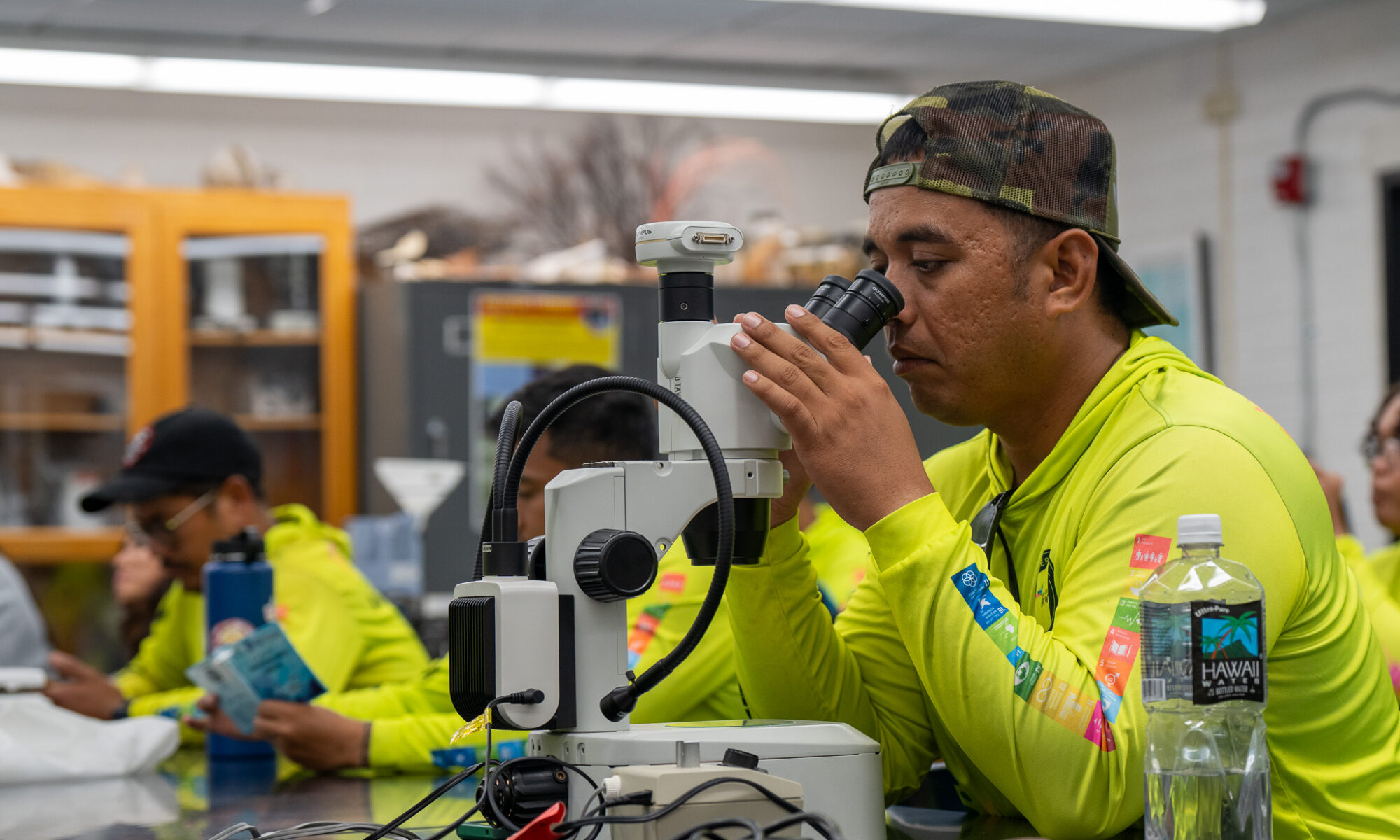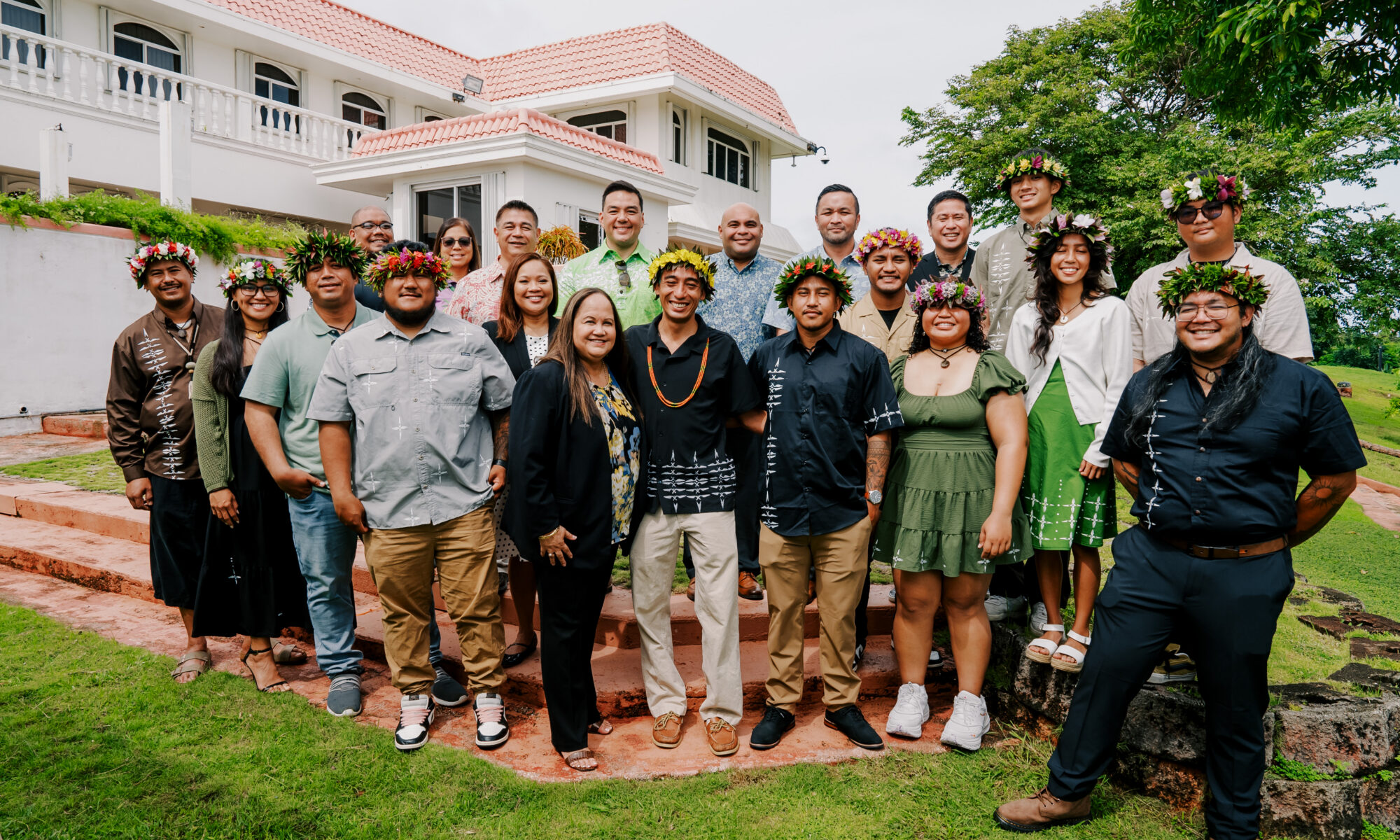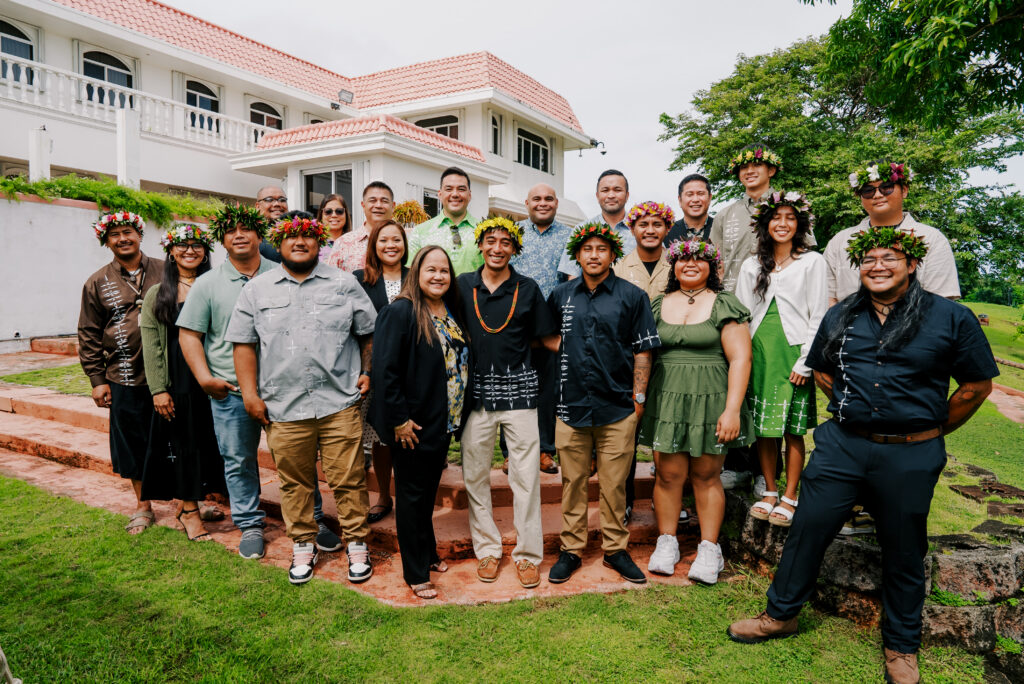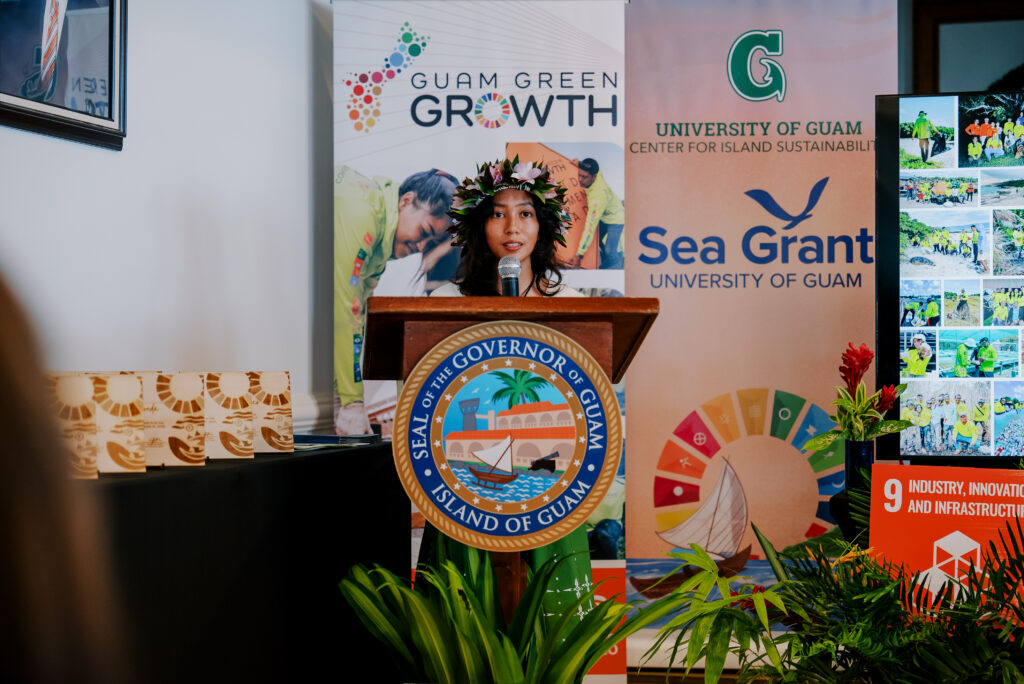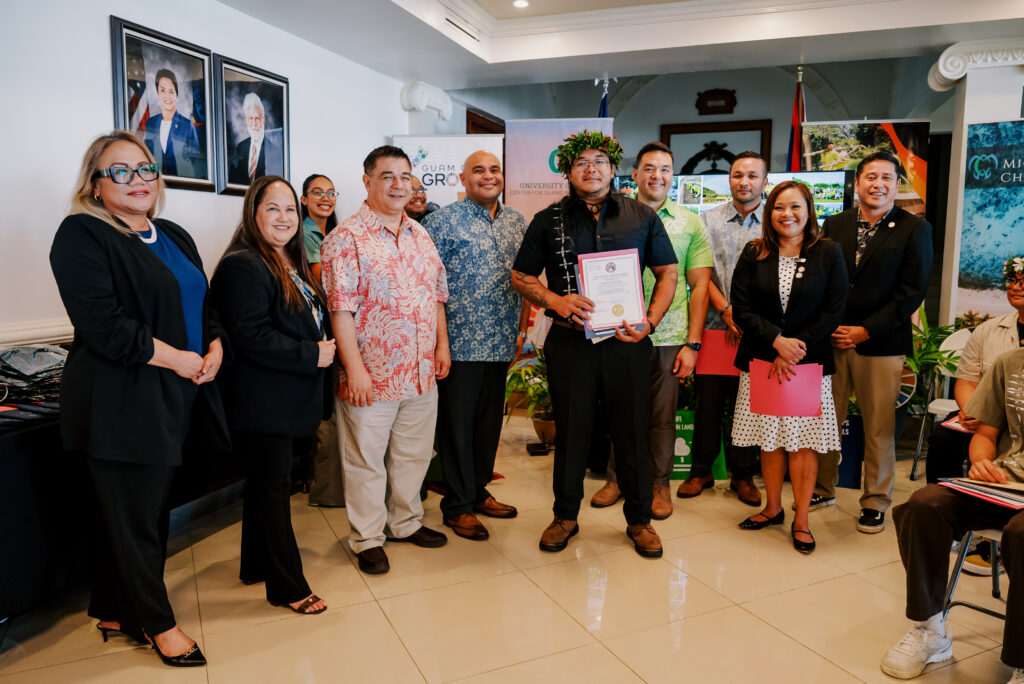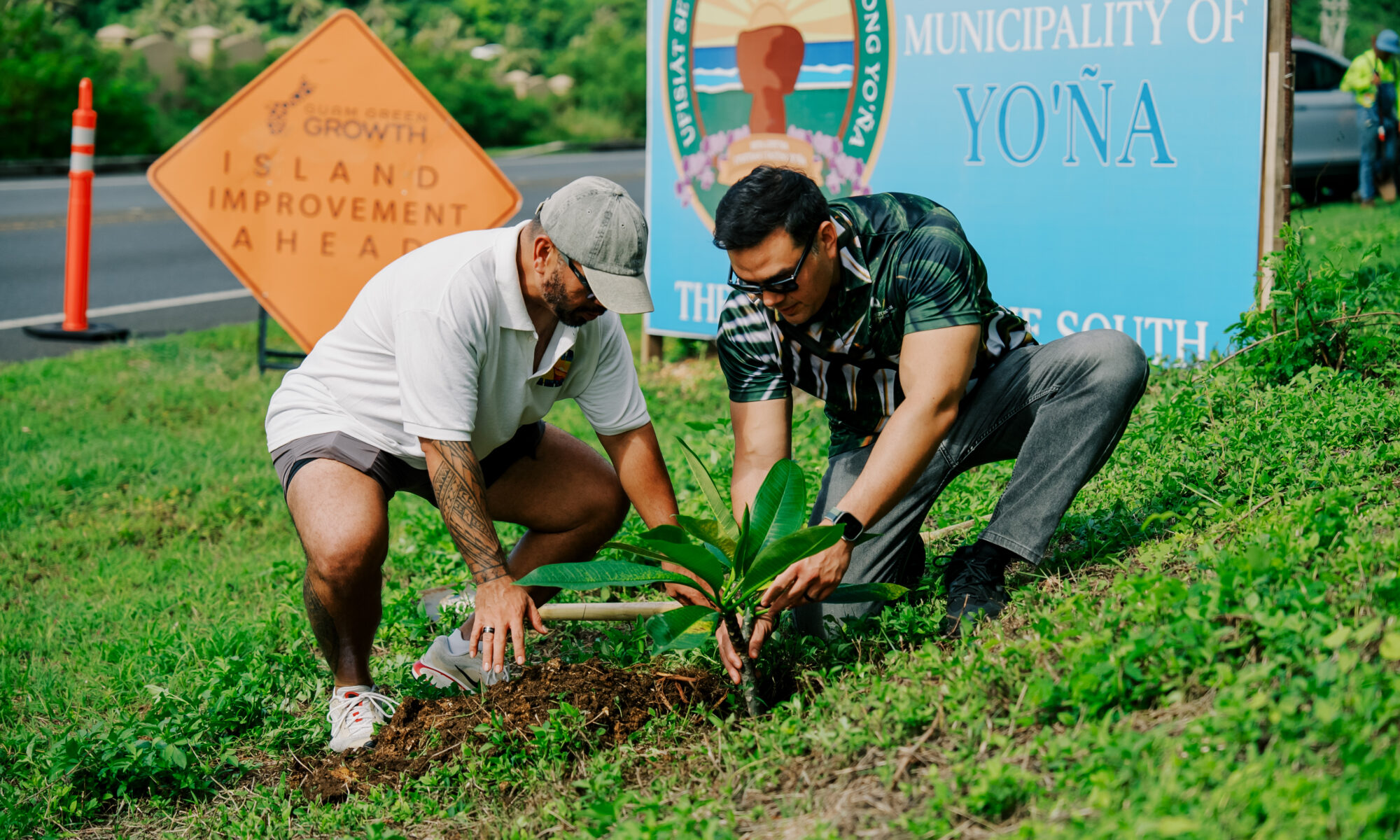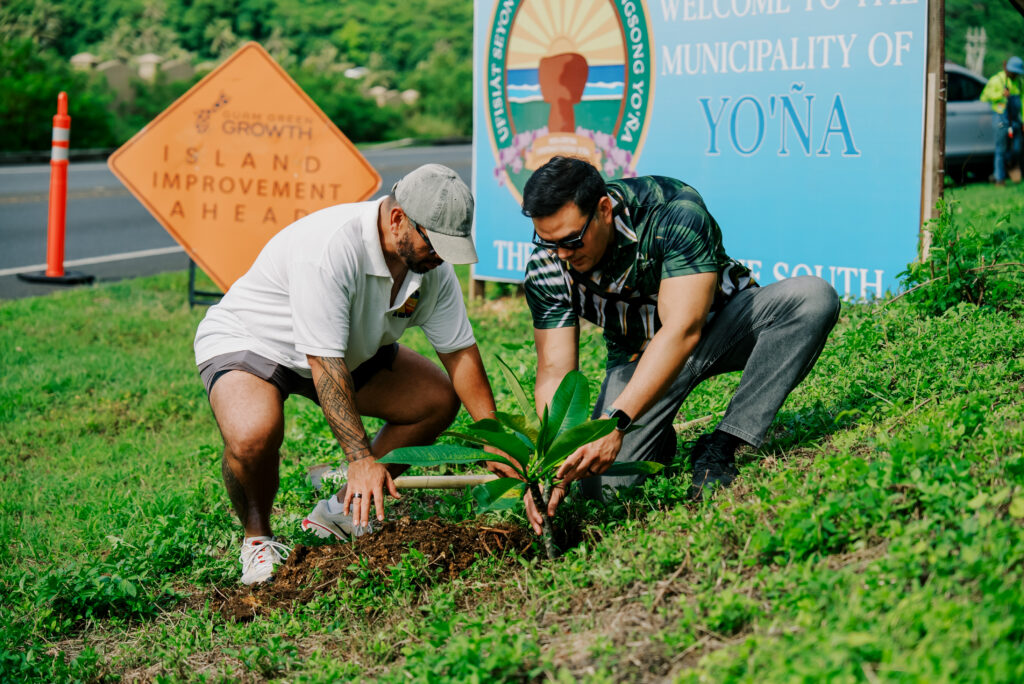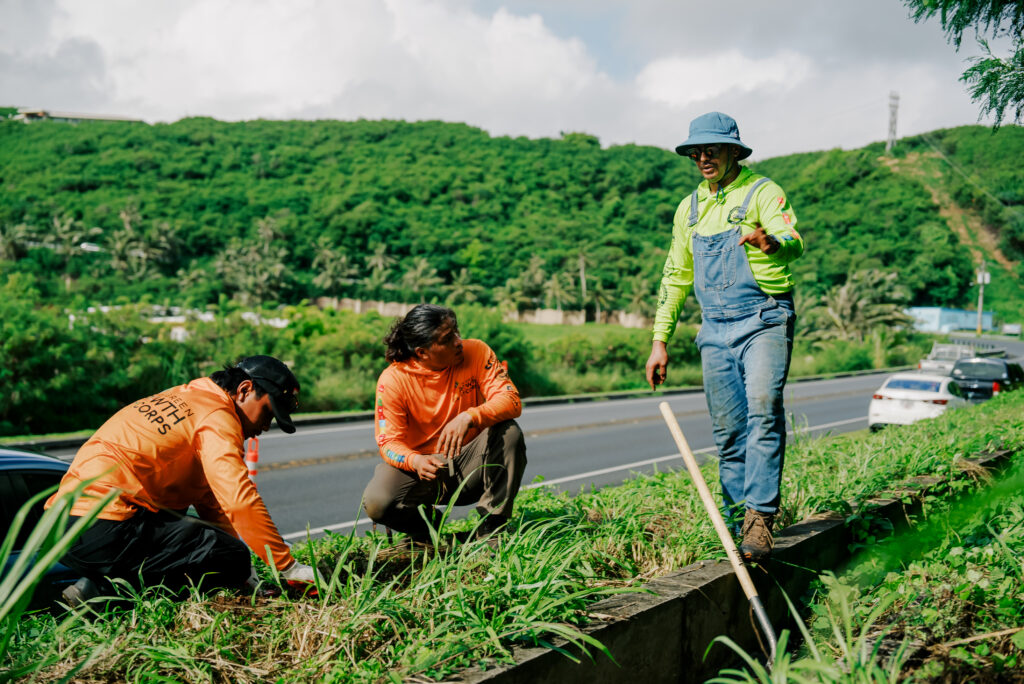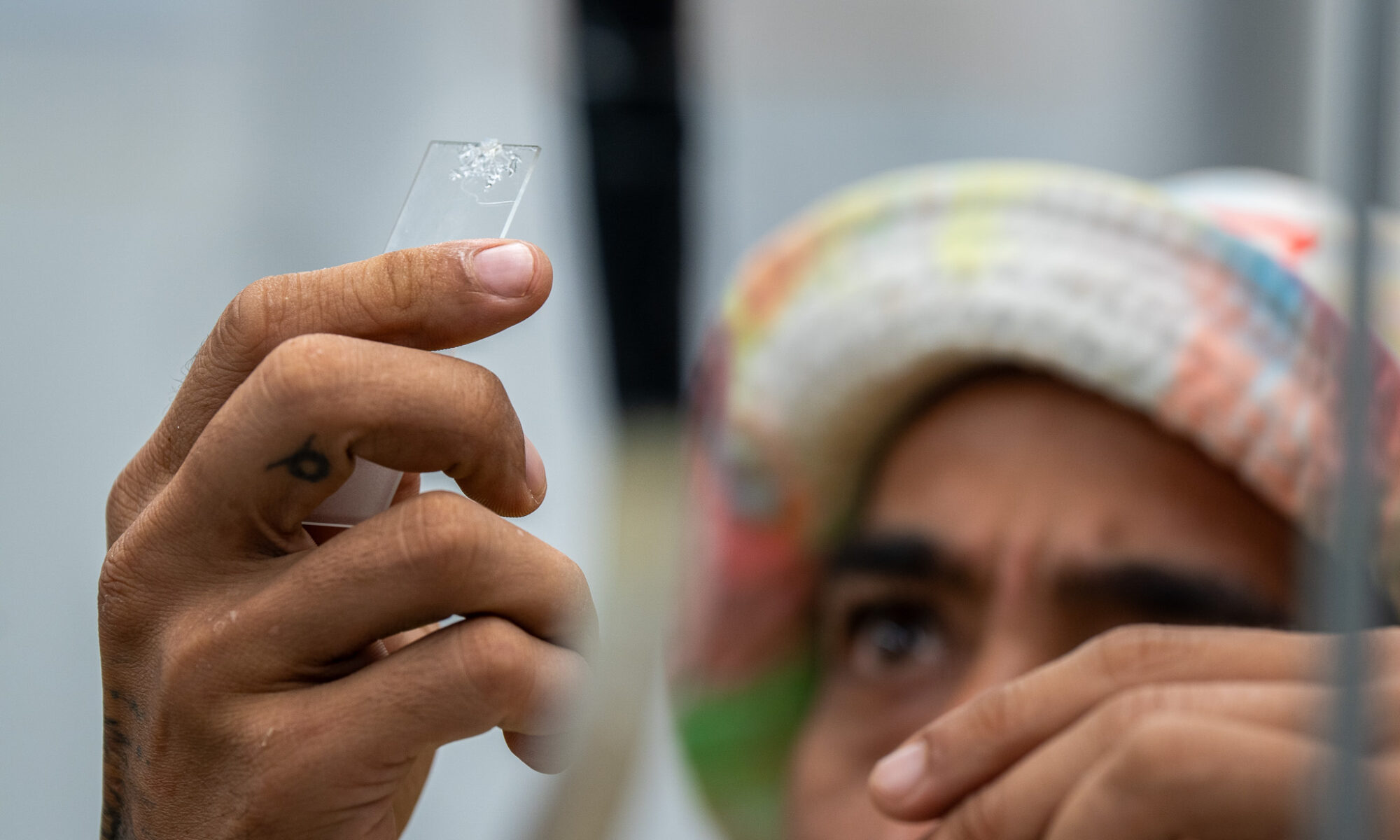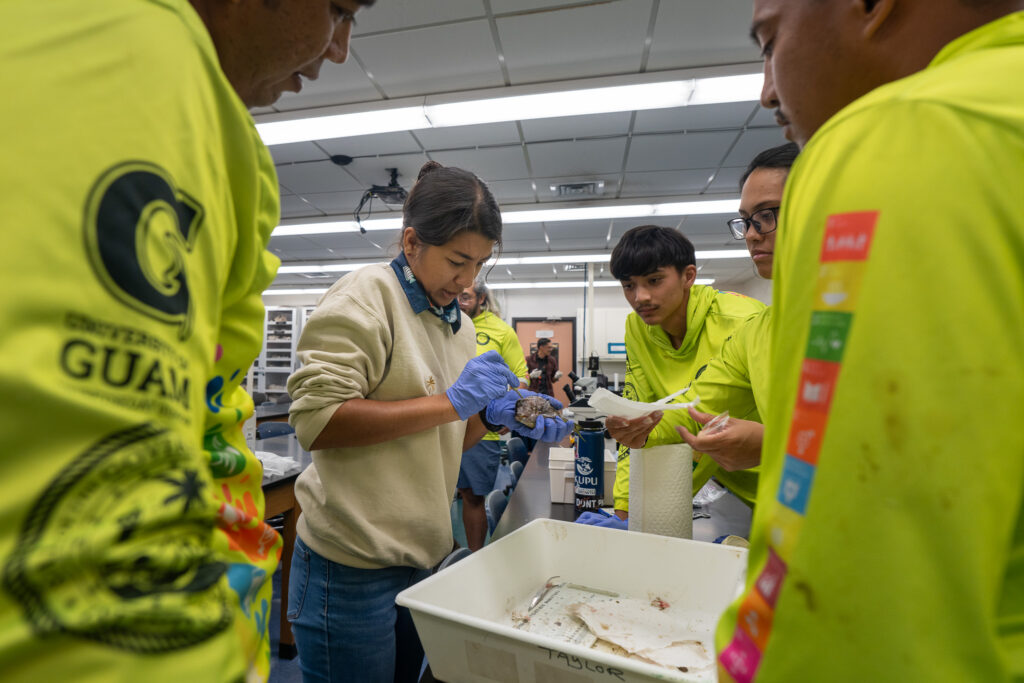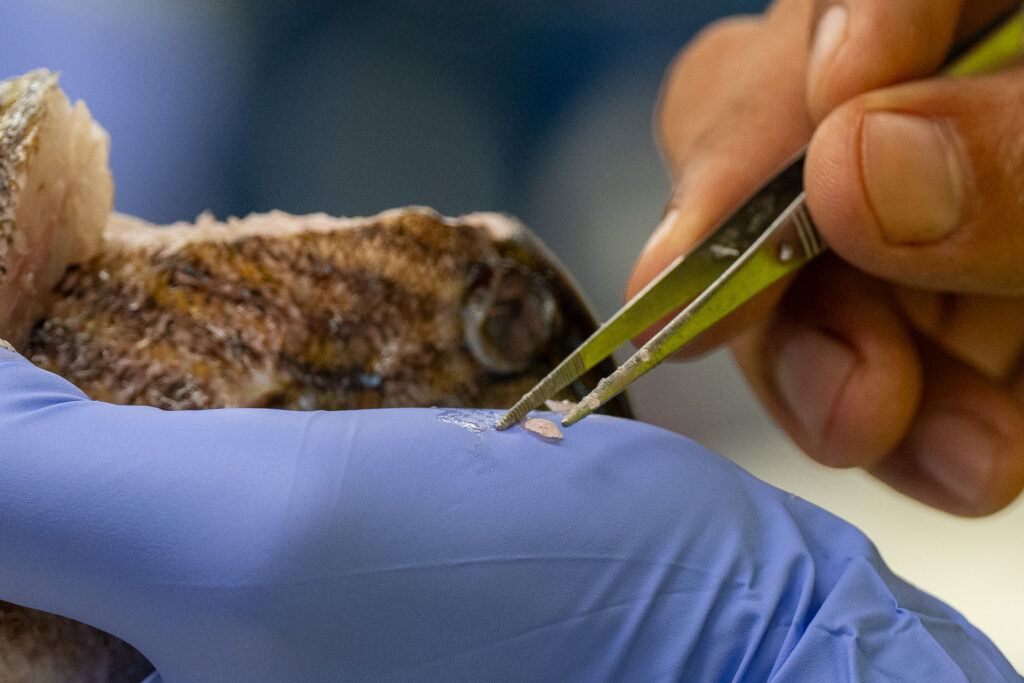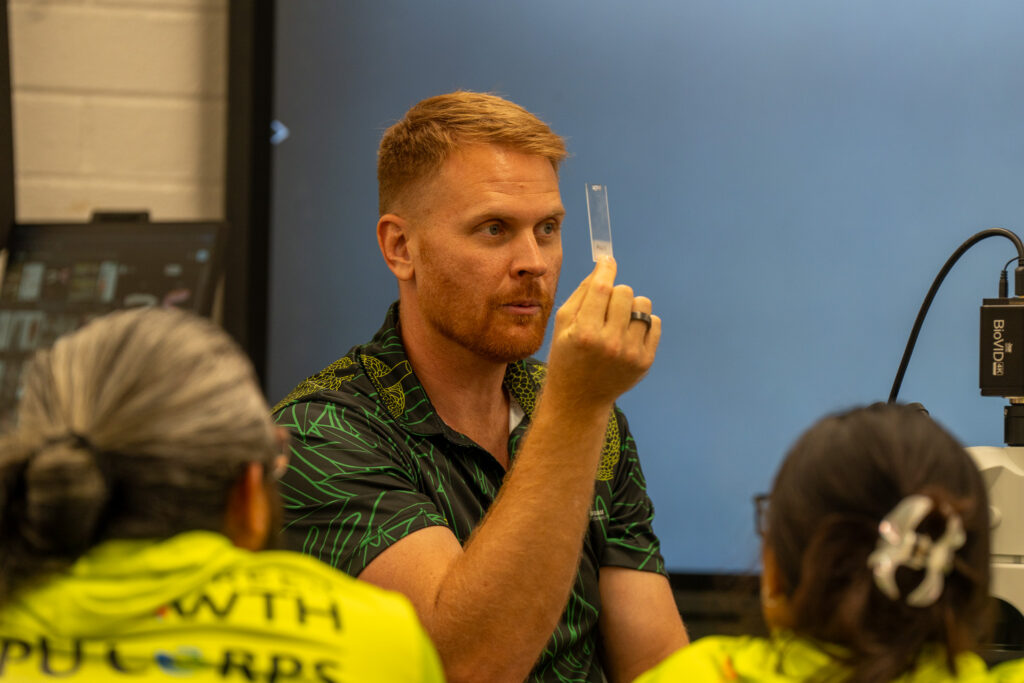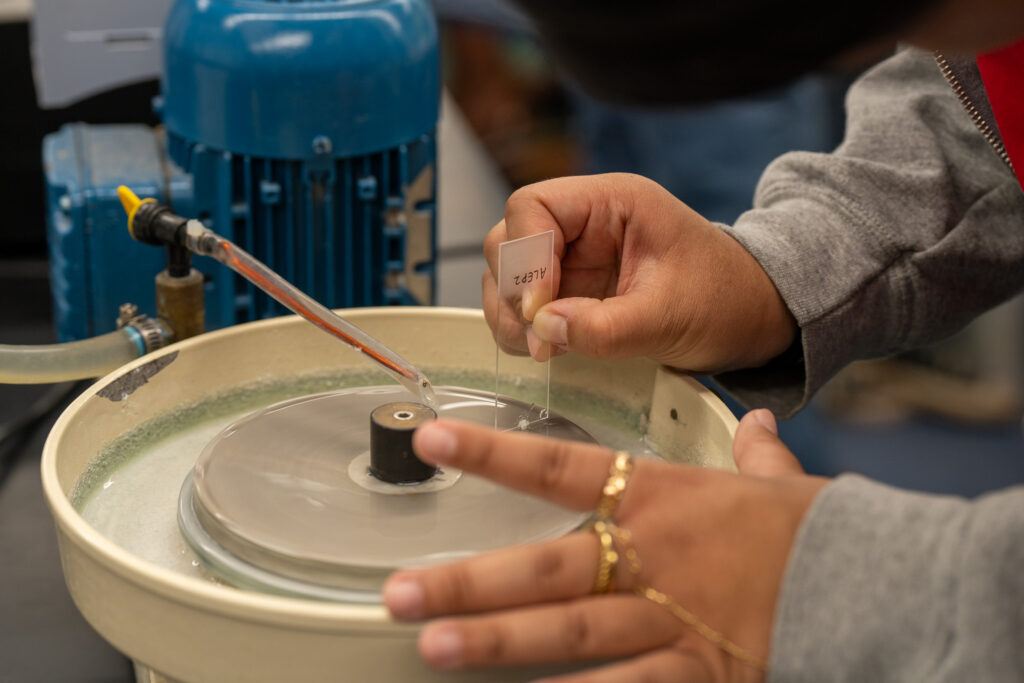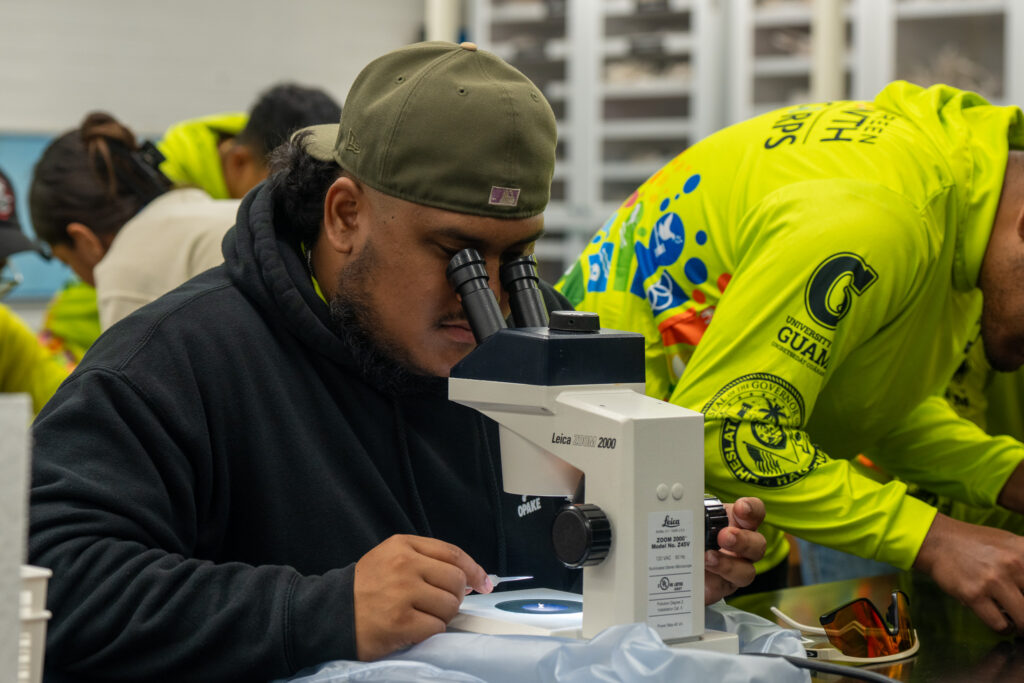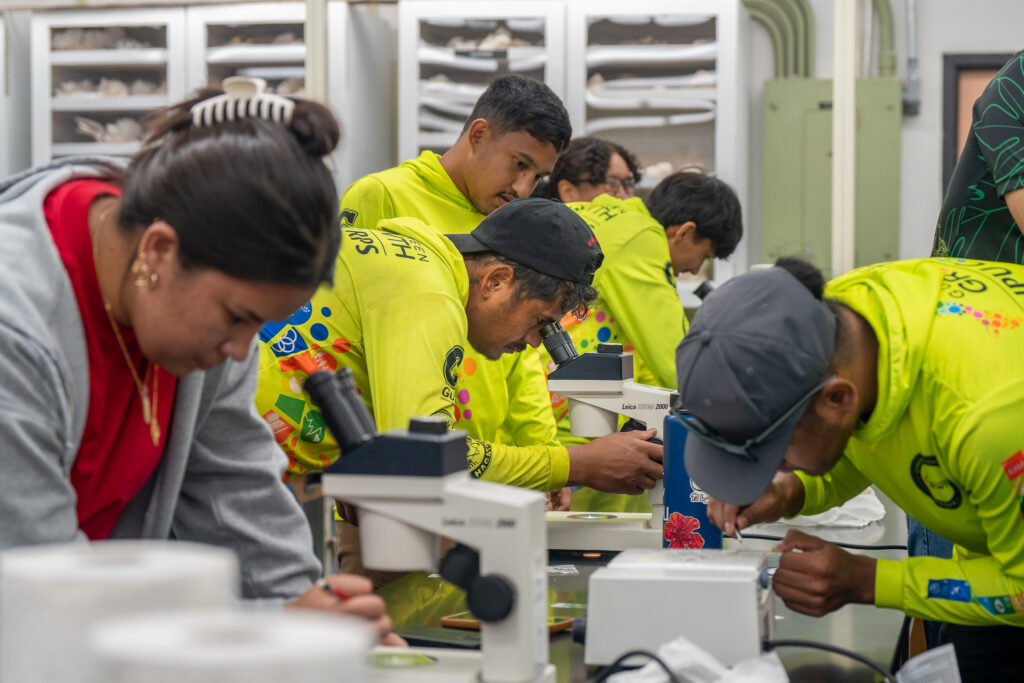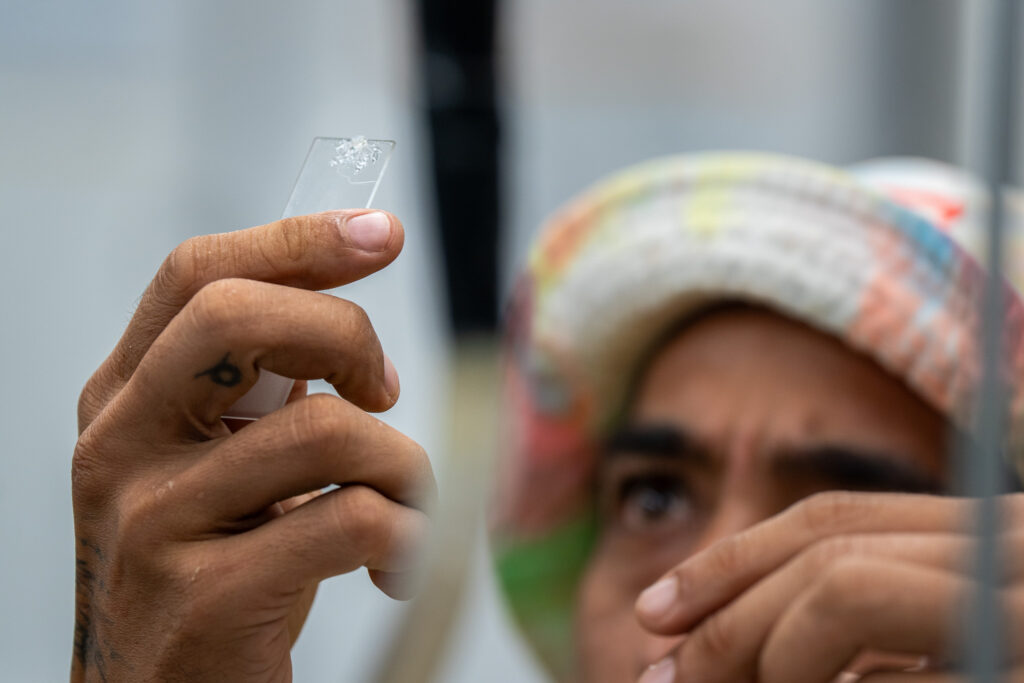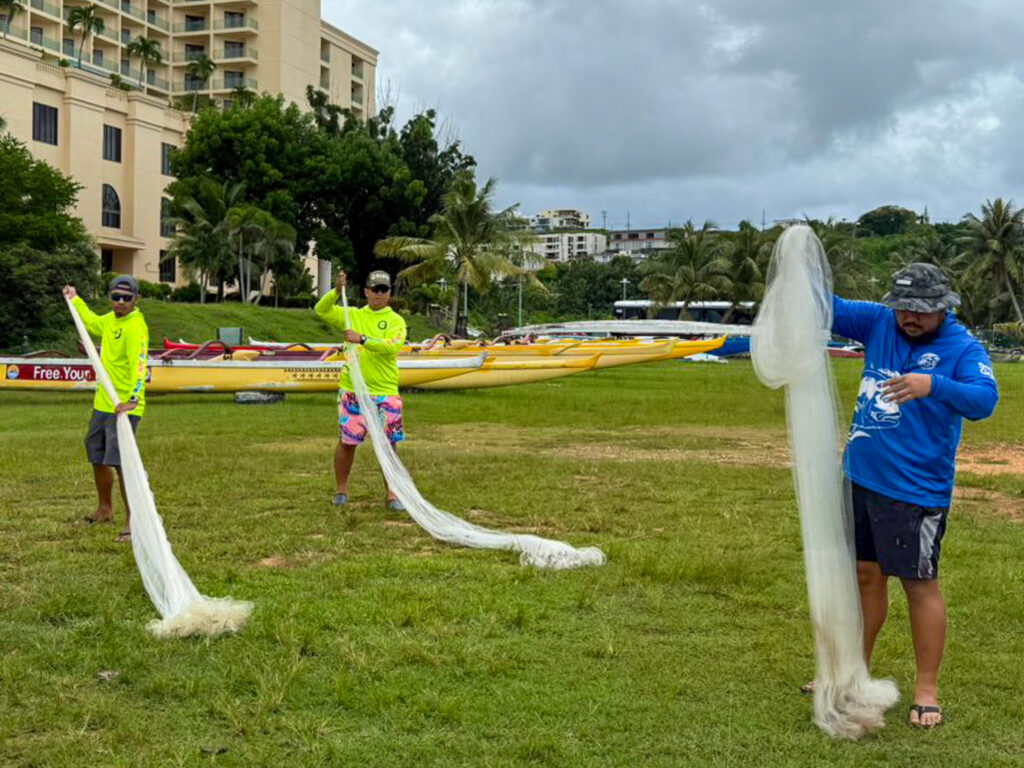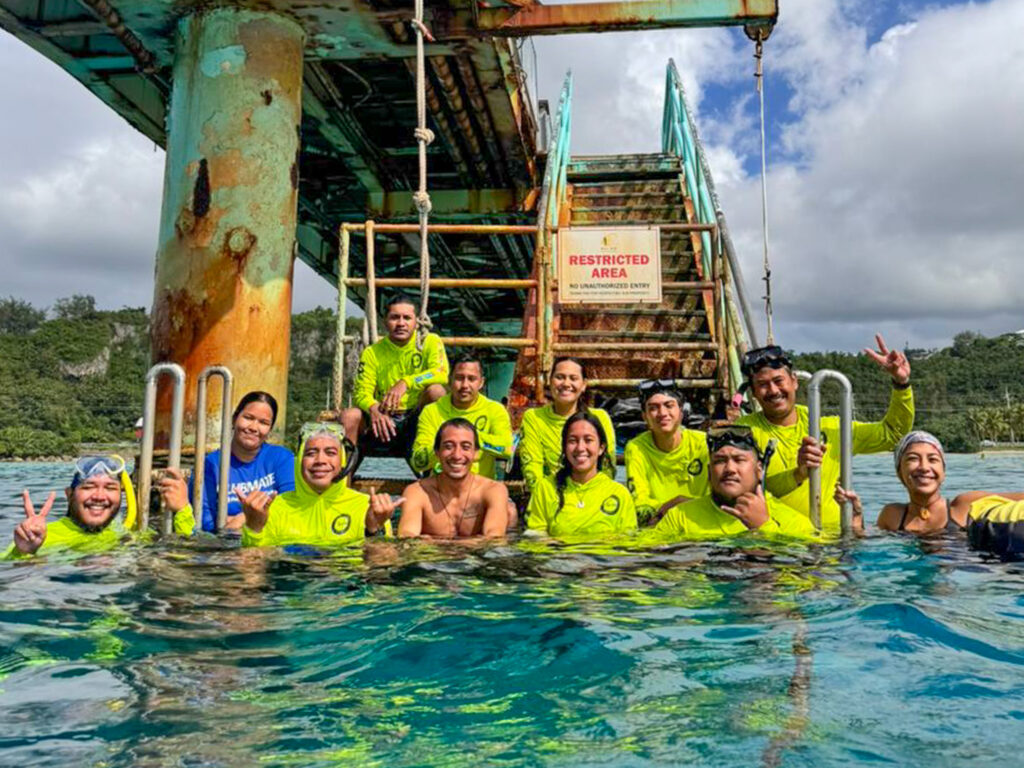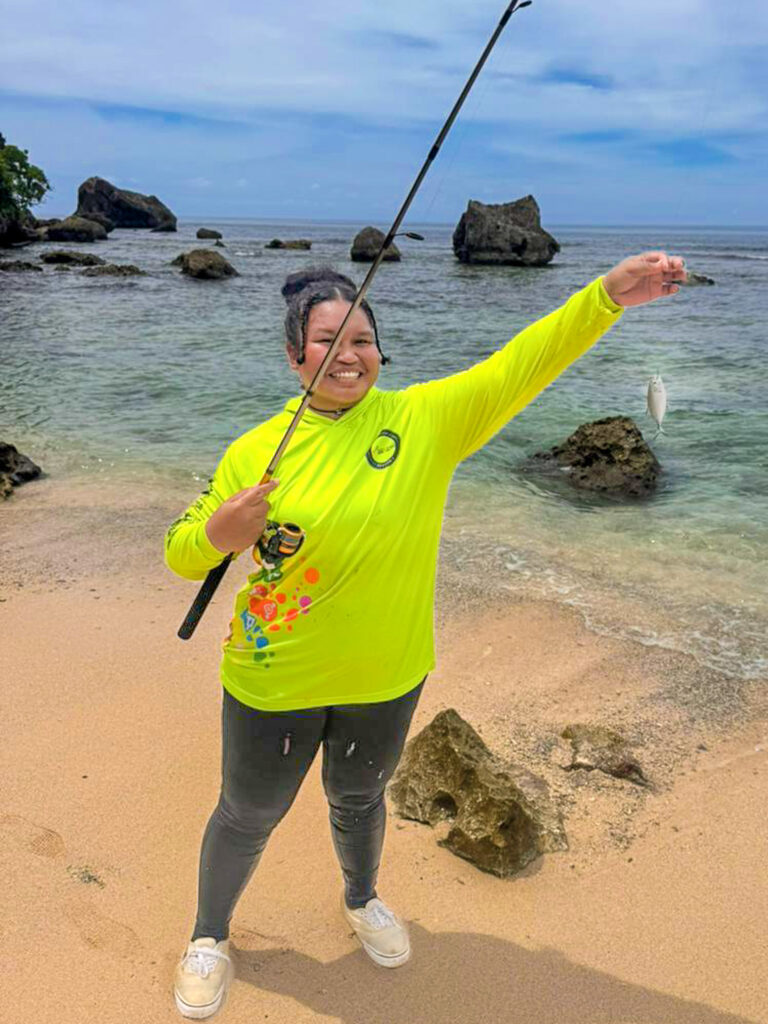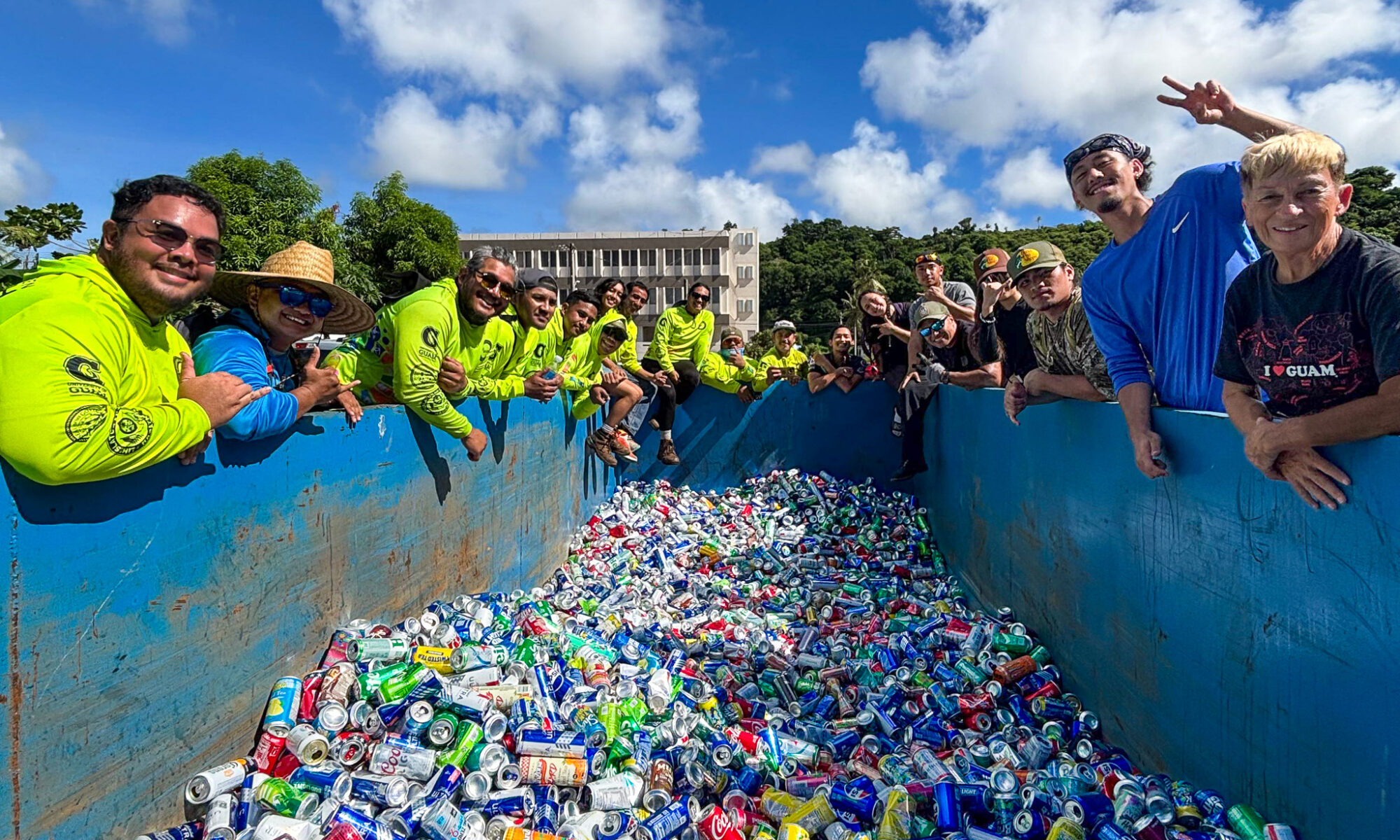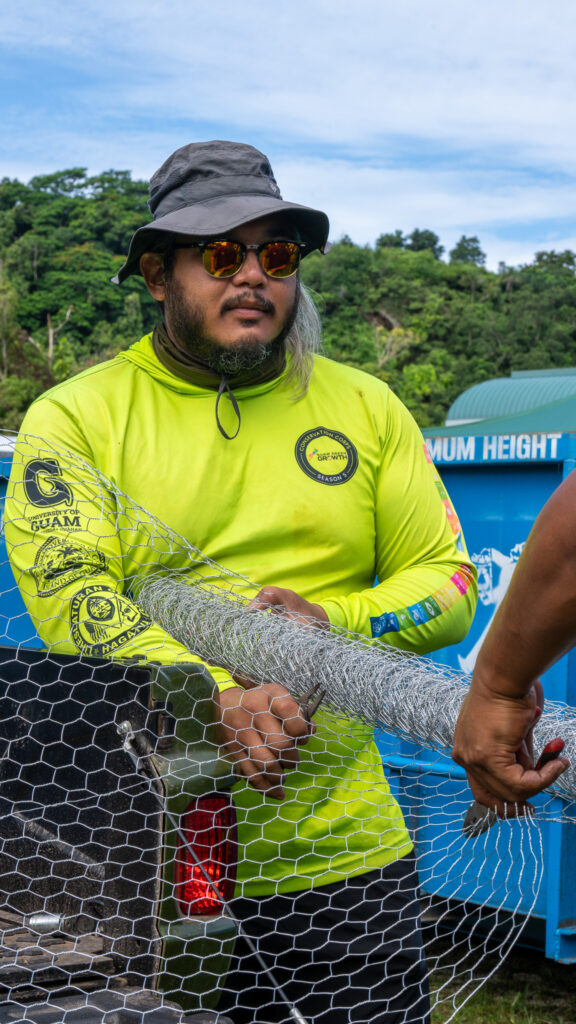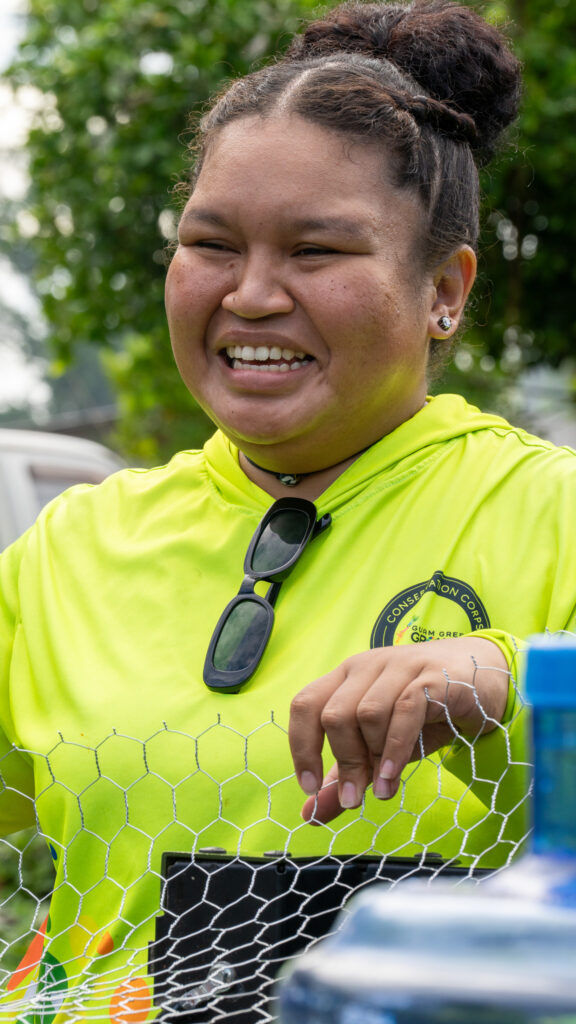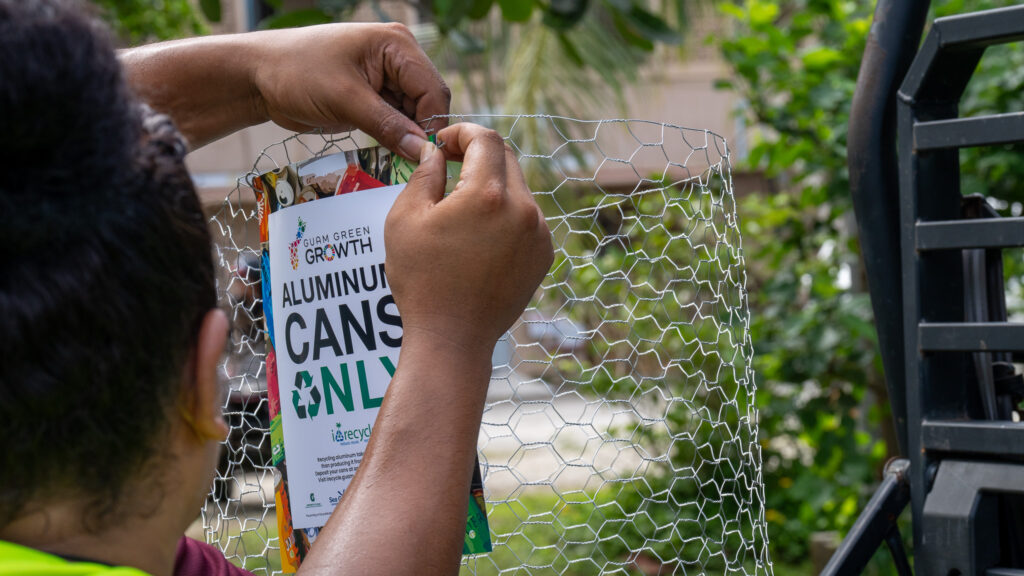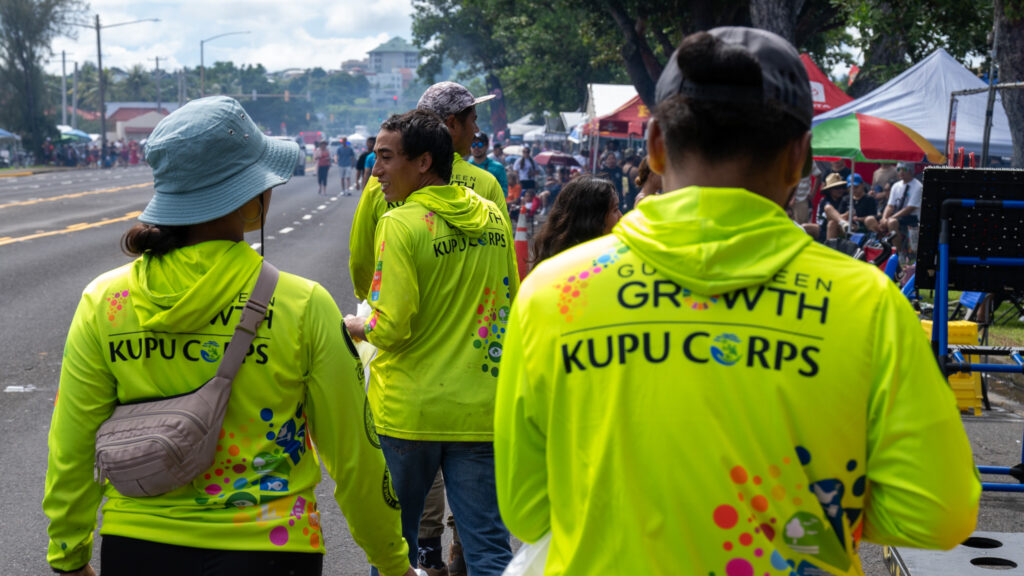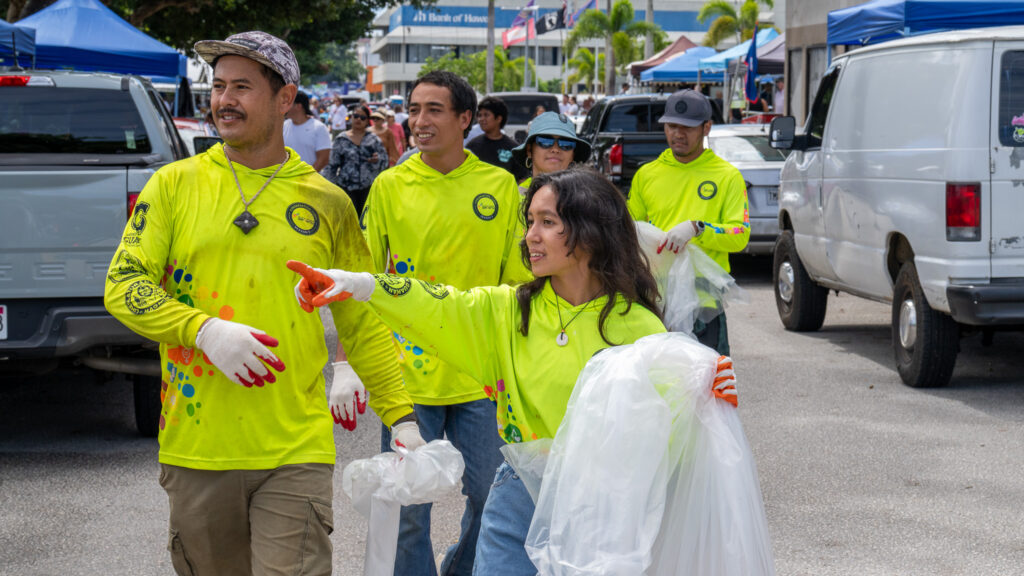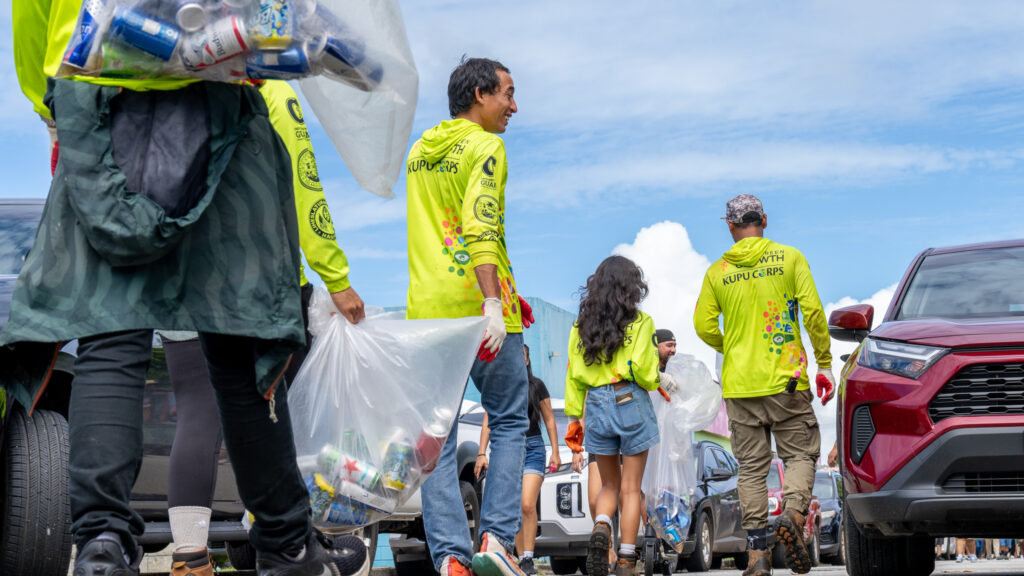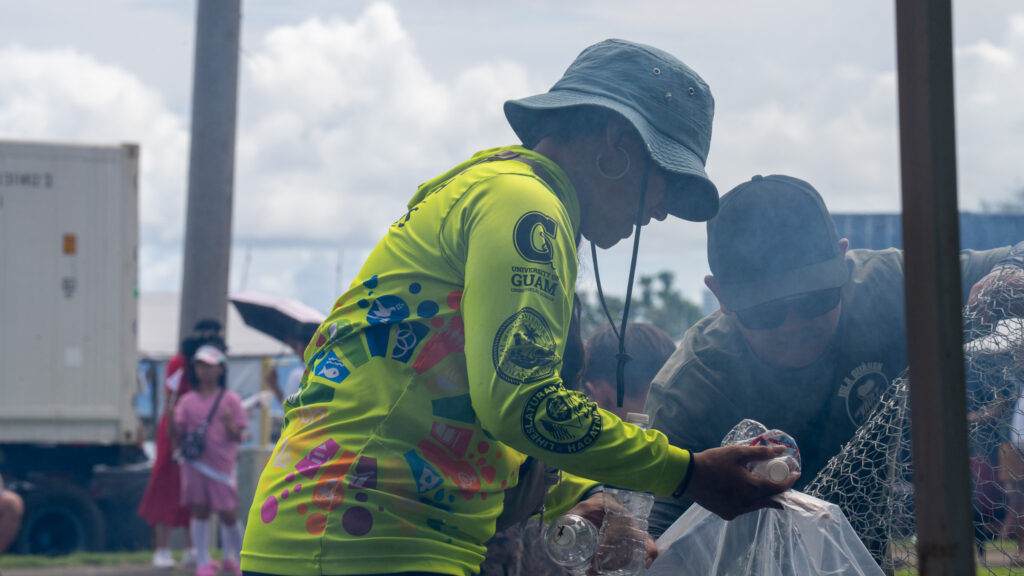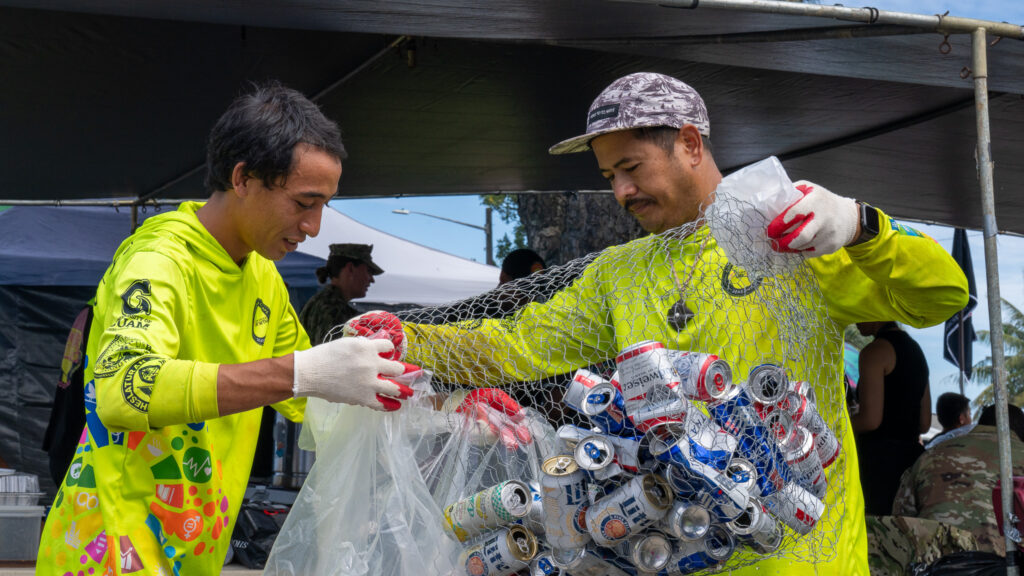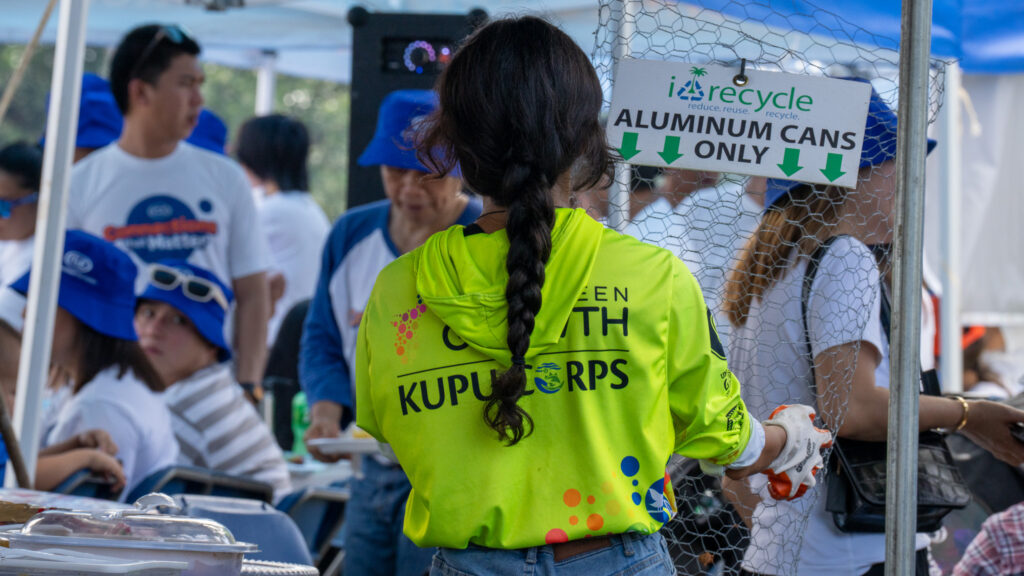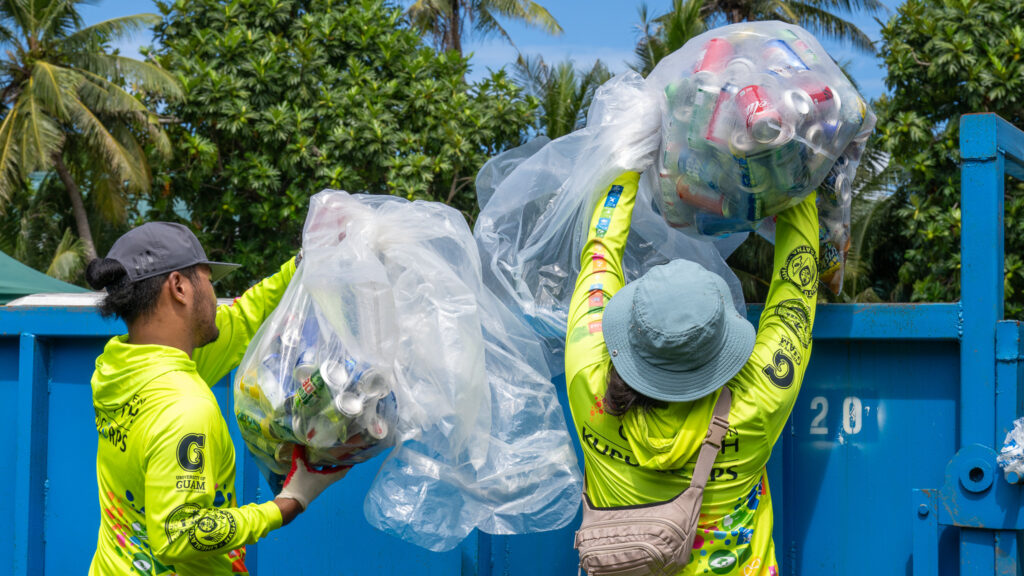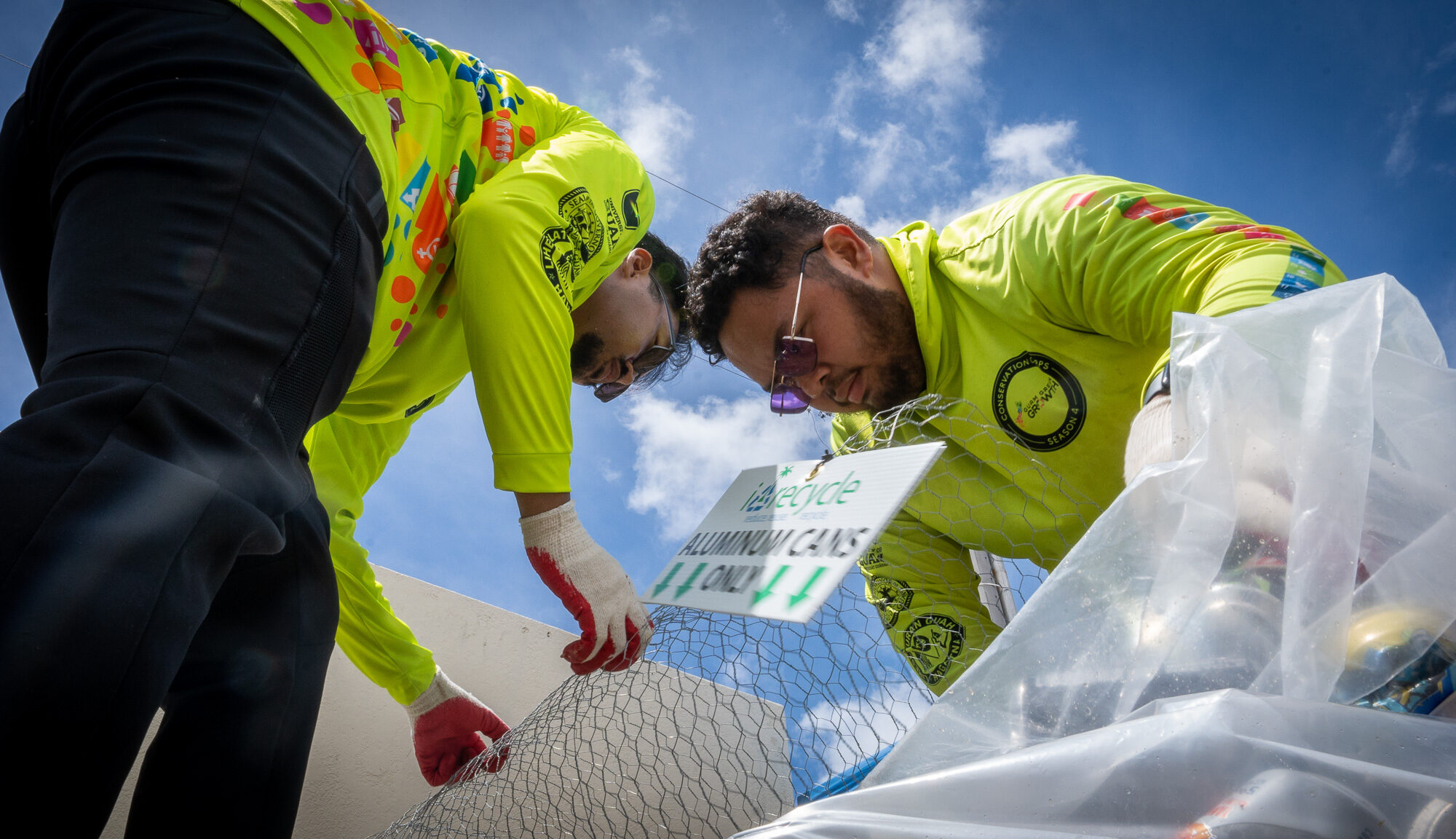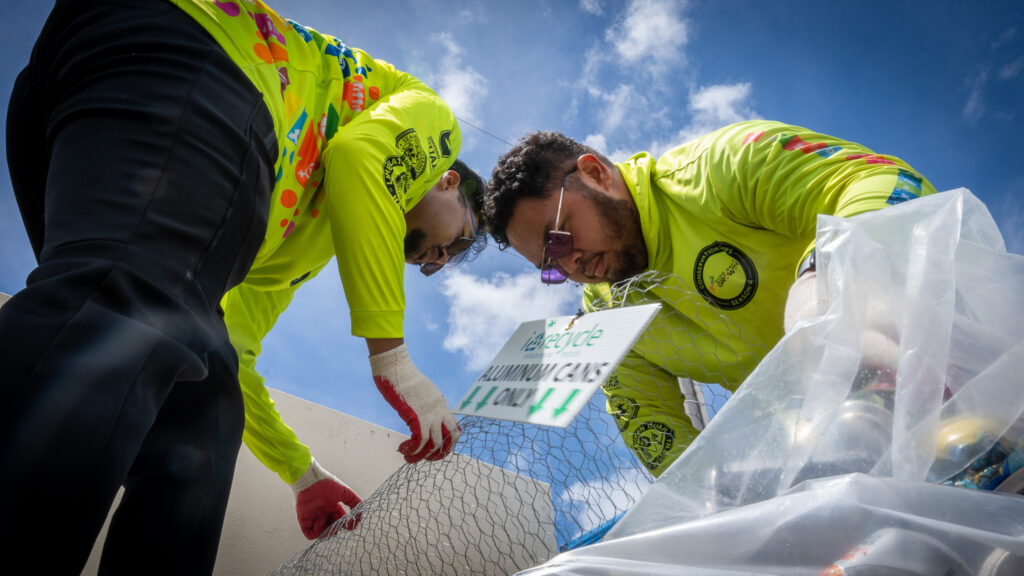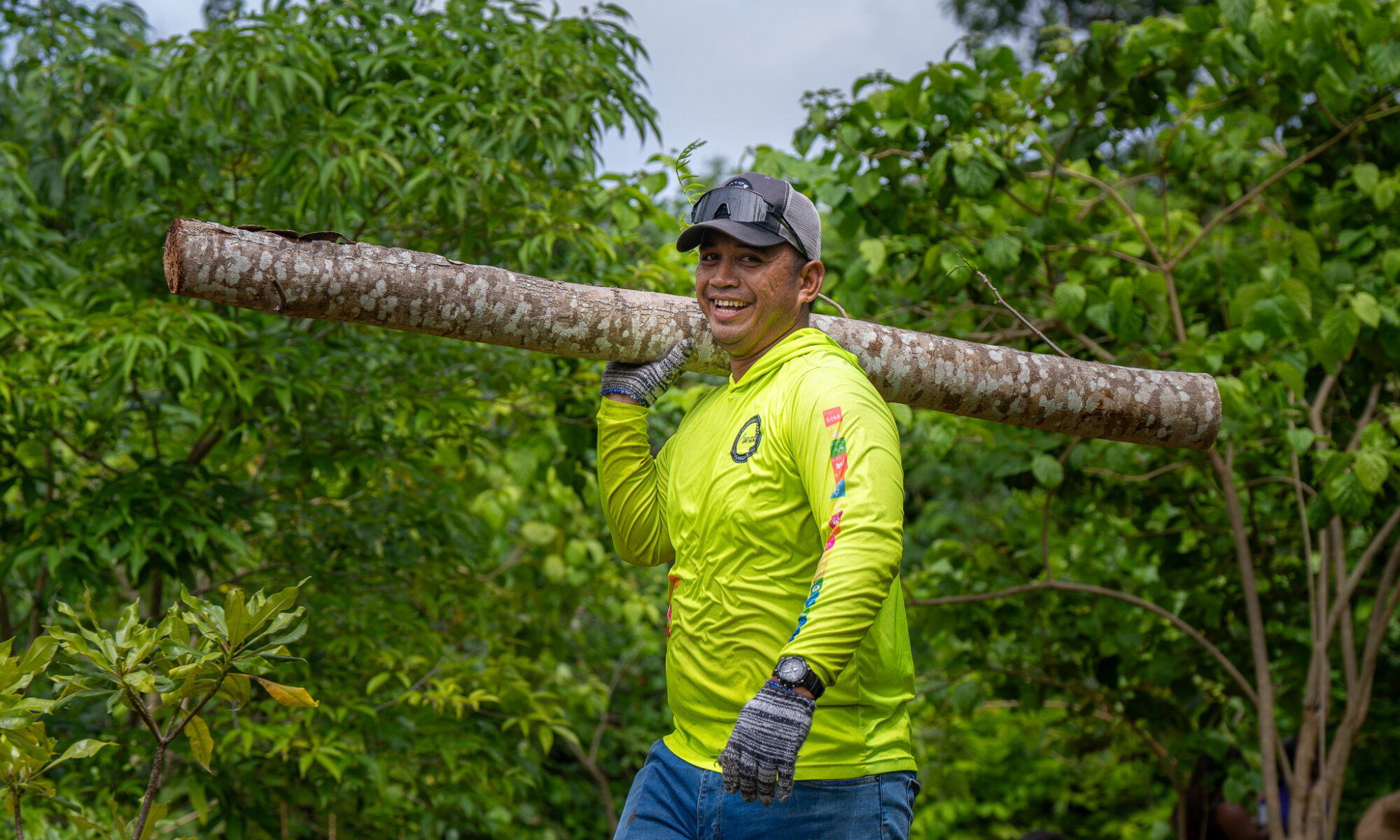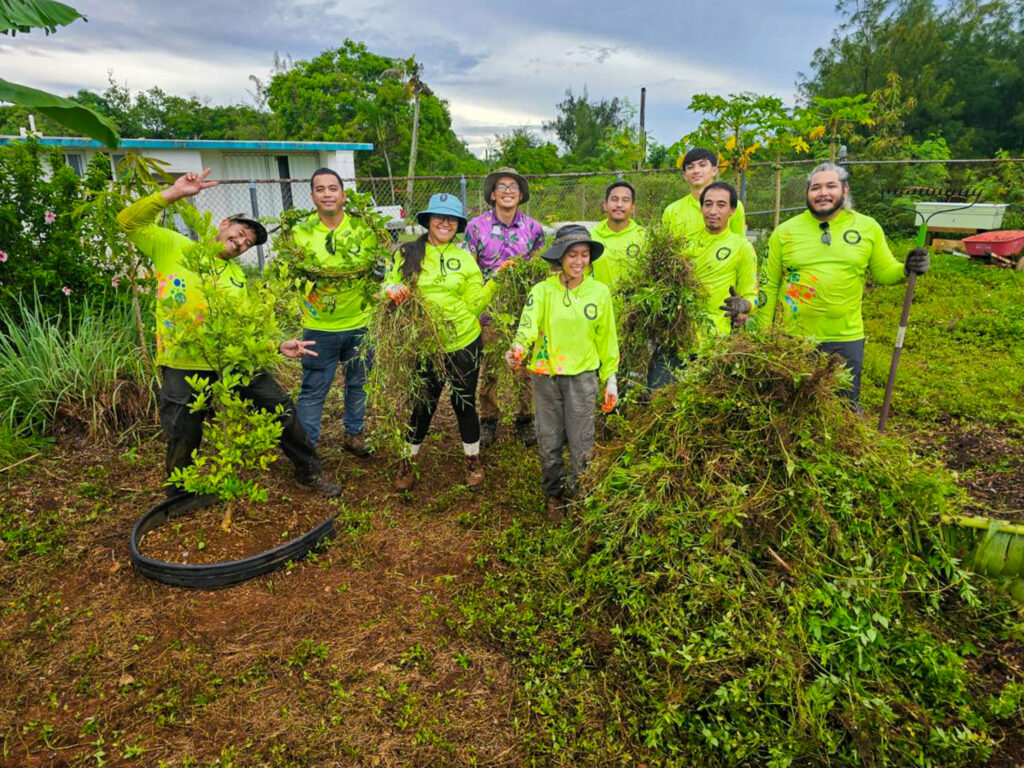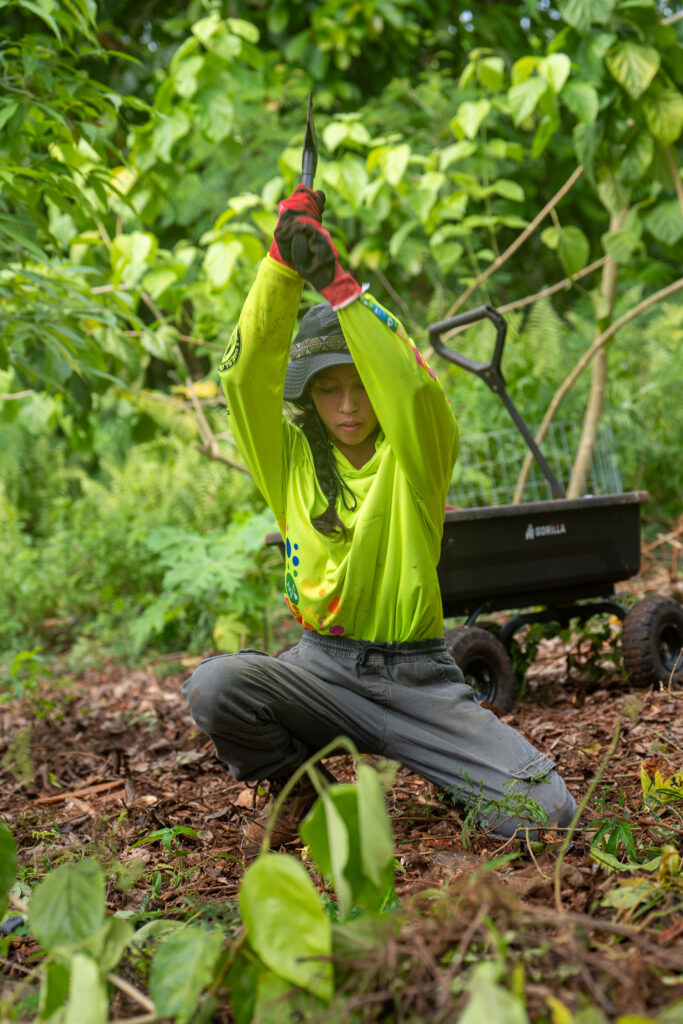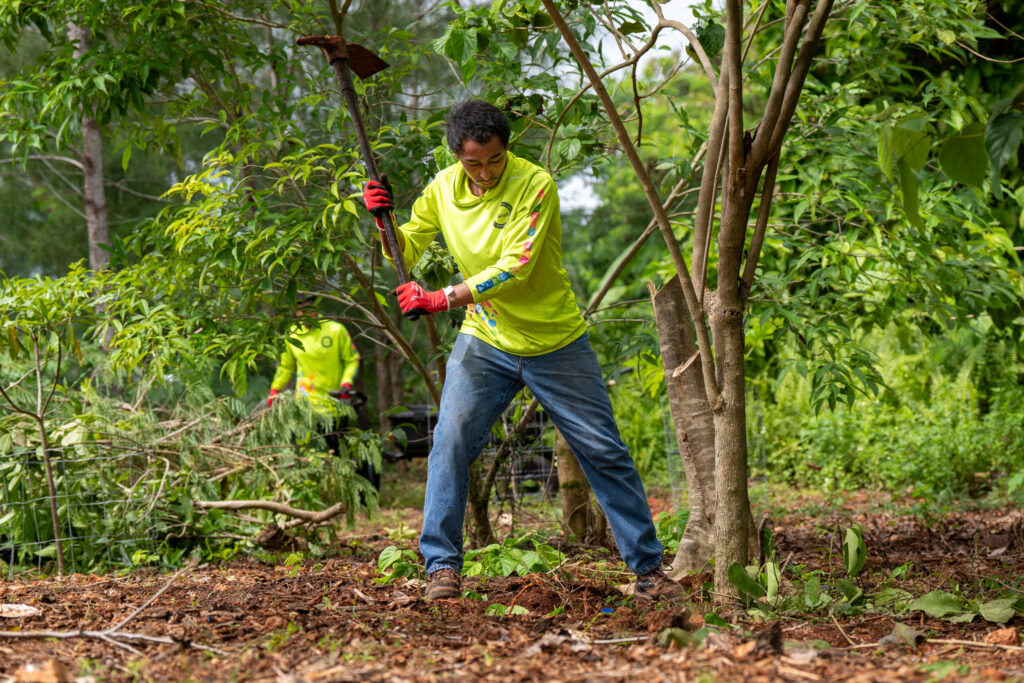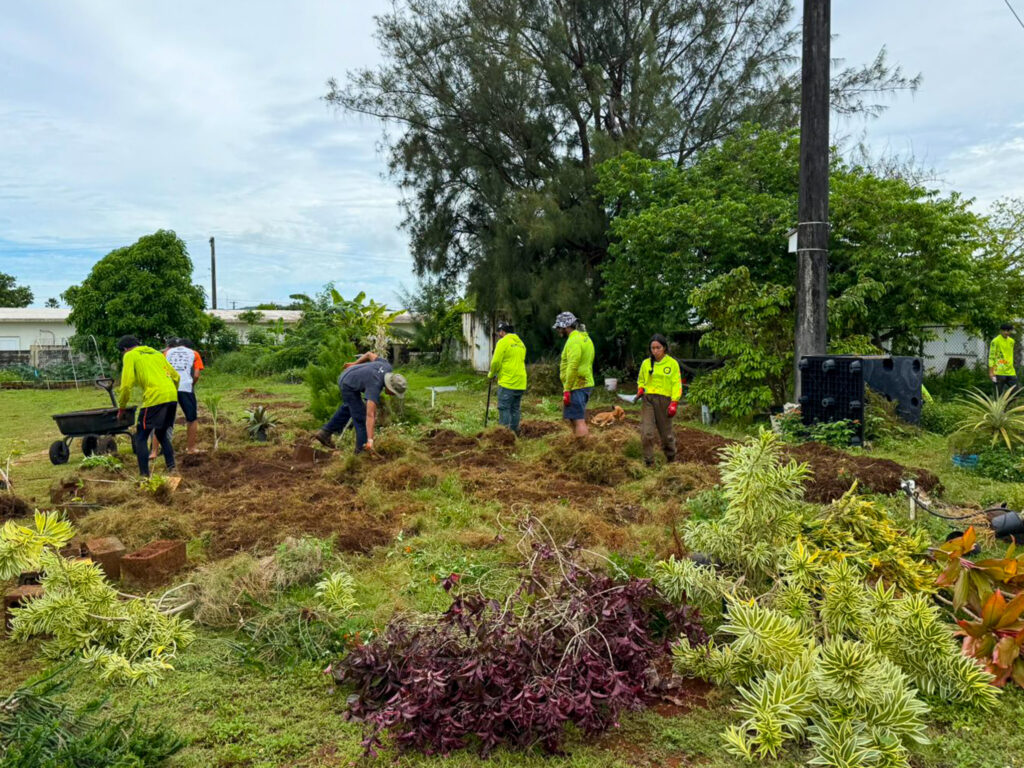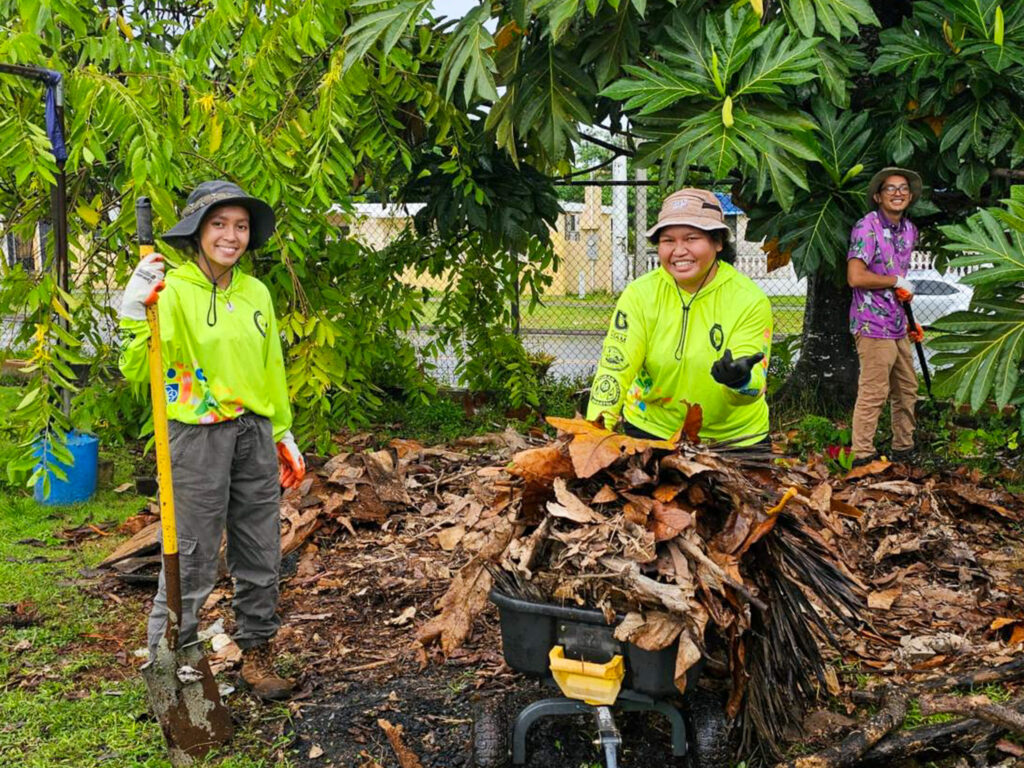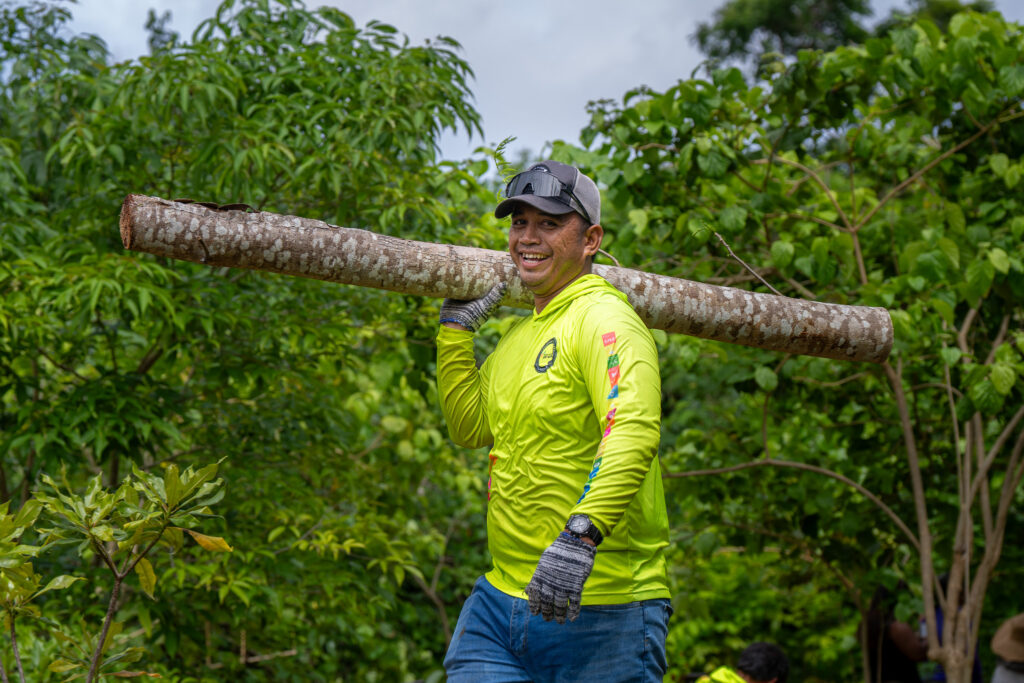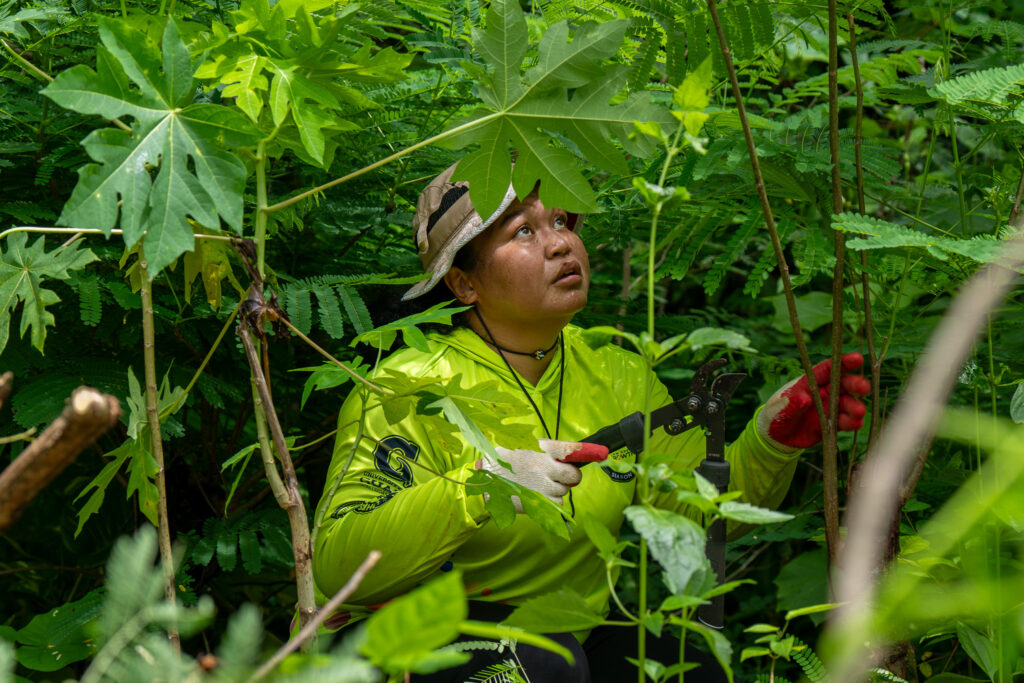G3CC
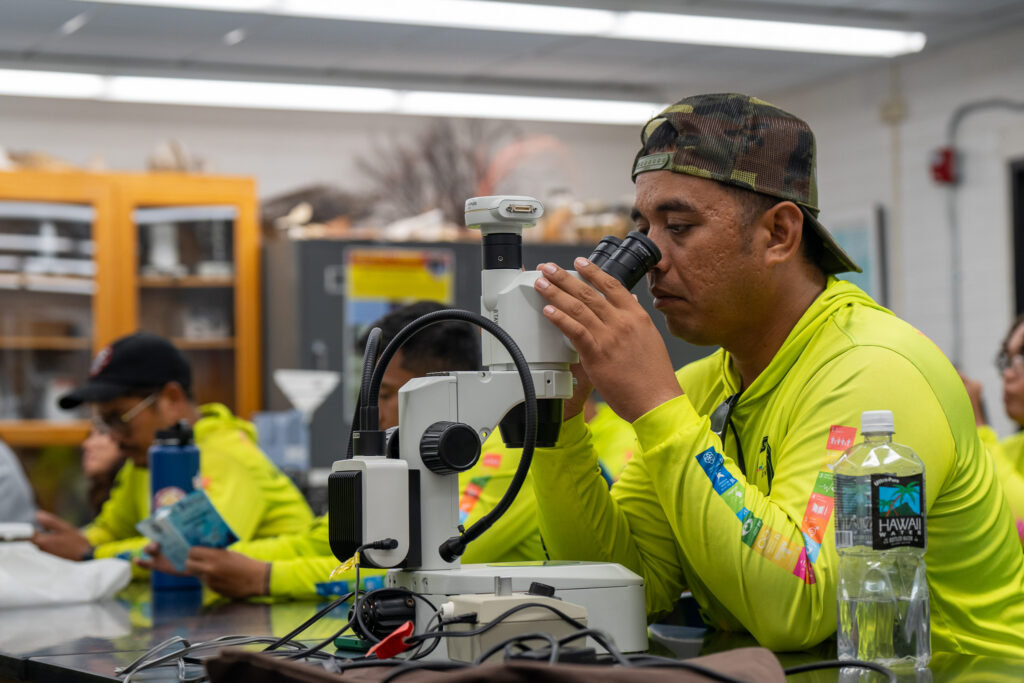
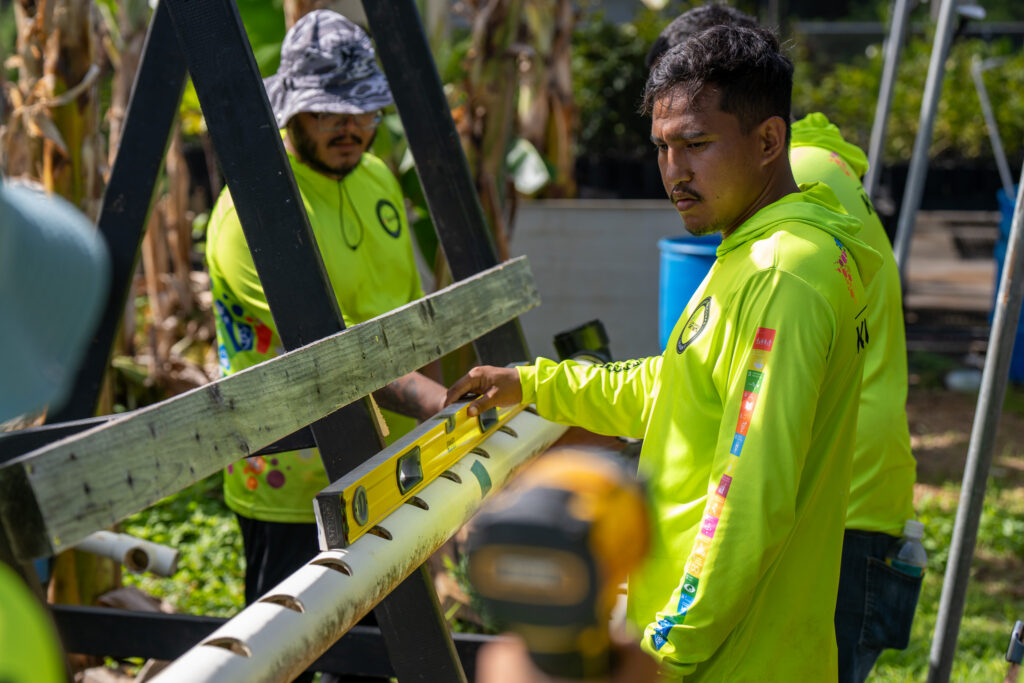
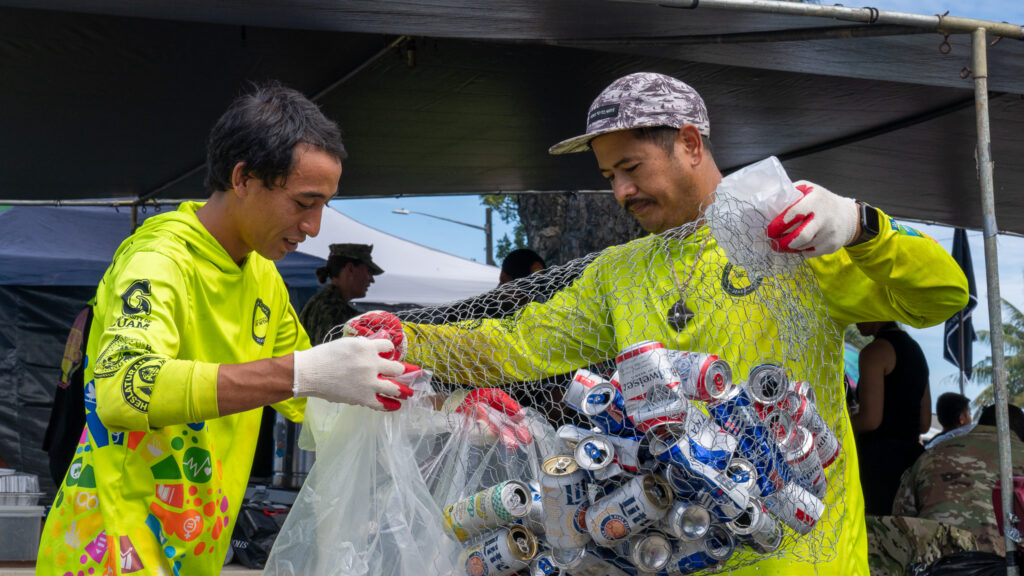
The University of Guam Center for Island Sustainability and Sea Grant (UOG CIS & Sea Grant) are happy to announce that applications are now open for the sixth season of the Guam Green Growth Conservation Corps (G3CC), continuing their robust workforce development plan that has graduated nearly 100 local workers who have developed skills for the emerging green economy.
The G3CC offers participants hands-on experience in conservation, sustainability, and climate-related projects that support Guam’s natural resources while building job-ready skills. Since its launch, the program has served as a pathway for residents of all backgrounds and ages to gain practical training, professional mentorship, and paid service opportunities aligned with Guam’s green economy goals.
“The G3 Conservation Corps is our flagship workforce development program preparing local workers for careers in the green economy. Its success has led to expansion into four additional companion programs,” explained Austin Shelton Ph.D., the director for UOG CIS & Sea Grant. “This Corps is a great launchpad for a new career path, a refresher, or for you to work on something you are already passionate about in sustainability. We invite all interested community members to apply today.”
Members of the Conservation Corps work on projects that may include watershed restoration, invasive species management, circular economy, food security efforts, aquaculture, agriculture, and community education. The program emphasizes leadership development, teamwork, and civic engagement, preparing participants for future careers in environmental fields.
Annania Nauta Kemp, the lead for the community engagement program has seen great results in past cohorts and looks forward to further growth for the island community.
“We have had people join straight out of high school who are now very comfortable in their career path thanks to the network and experience this program builds,” explained Kemp. “At the same time, we have retirees who are ready for their next adventure and accountants who just wanted a change of scenery come out of the program very well, too. If you feel the call to serve your community and are ready to learn and get down in the dirt with us, this can be a great way for you to shape your future.”
Now entering its sixth cohort, the program reflects growing interest and sustained momentum in Guam Green Growth’s broader mission to balance economic development with environmental protection and social well-being.
“This program really changed my perspective on sustainability and how we can make things better for our people of Guahan,” said Joseph Certeza, a G3CC Season 1 graduate who now works as a part of the program team. “This program taught me a lot, and helped me to gain not only the skills, but also the confidence to move forward in the eras of my life.”
Applications for the sixth cohort are open now and available online at GuamGreenGrowth.com. Interested applicants are encouraged to apply early and review eligibility requirements and program details on the website.
Selected team members will receive a bi-weekly stipend of $1300 and continuing education credits from the University of Guam through the Global Learning and Engagement program. Applicants must be 18 years or older, open to indoor and outdoor work, and able to work full-time at 40 hours a week.
To apply for the Guam Green Growth Conservation Corps and to learn more about other G3 initiatives, visit GuamGreenGrowth.org.


